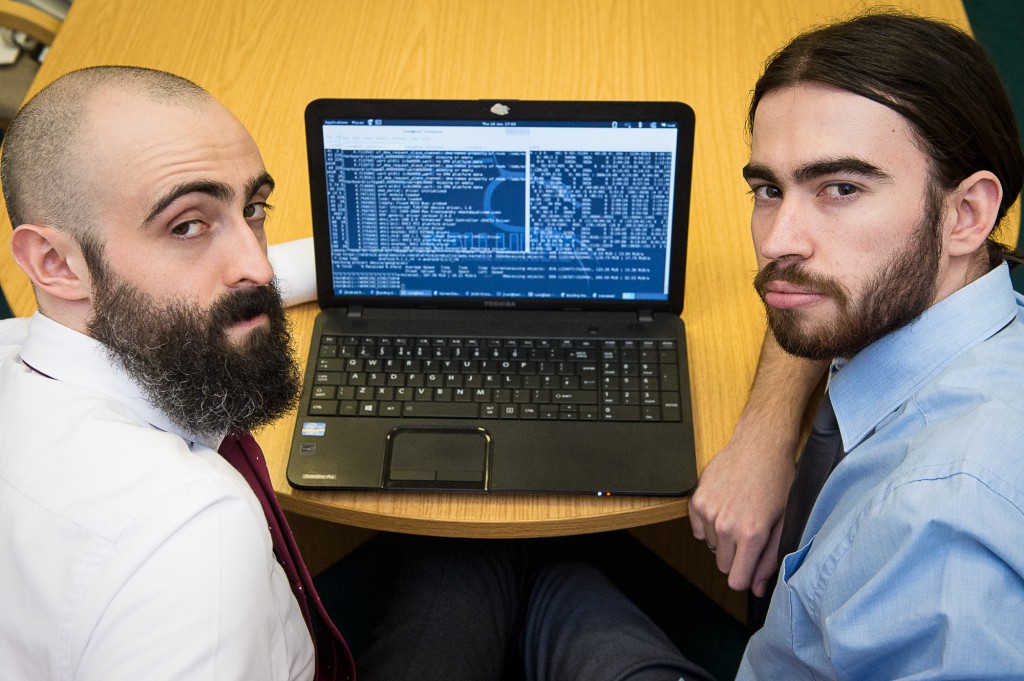A CRACK eam of young ‘ethical’ hackers have been recruited to lead Scotland’s battle against cyber crime.
In a classic case of “poacher turned gamekeeper”, the hackers will use their inside knowledge to protect Scotland’s most vulnerable businesses from cyber crime.
Hackers usually attract bad press, recently making headlines for stealing US government workers’ personal data and releasing the private emails of Sony executives.
A recent survey by PriceWaterhouseCooper, revealed that 90% of larger organisations suffered a cyber attack last year, with an average cost per breach of nearly £1.5m.
But the young hacker group, launched in partnership with the Scottish Business Resilience Centre (SBRC), is looking to turn back the tide.

The SBRC “ethical hackers” will focus on protecting vulnerable smaller businesses, 74% of which have suffered from at least one cyber attack in the last year.
The hackers will work from the inside of a business, highlighting potential security breaches and general weaknesses in their IT for as little as £200.
In 2006 Dundee’s Abertay University became the first in the country to offer a dedicated Bachelor of Science course in ‘Ethical hacking and Countermeasures’.
Oren Benshabat, 22 will graduate from the course in June and has joined SBRC along with four of her course-mates.
She said: “It can be quite startling to company bosses when after just one morning ‘hacking’ their network, we can provide them with highly confidential data that would be extremely damaging in the wrong hands.
“It always gets a shock reaction. The reassuring thing is that we are the ‘techy good guys’ and by following our recommended actions they ensure that they are doing their utmost to protect themselves from cyber crime.”
SBRC Director, Mandy Haeburn-Little, said: “We have been working with digital forensic students and ethical hackers for some time now.
“They are state of the art in terms of new learning in this field and really creative in their approach to supporting business.
“We know that smaller firms are more likely to be a victim of cyber crime as they don’t invest in computer security.
“That’s why we have looked to make the costs of these services so affordable compared to what is available in the commercial sector.
“I’d urge businesses to speak to us about how we can help them. To put it bluntly; this service could prevent a future data breach capable of putting them out of business or even put their safety of their staff at risk.”

